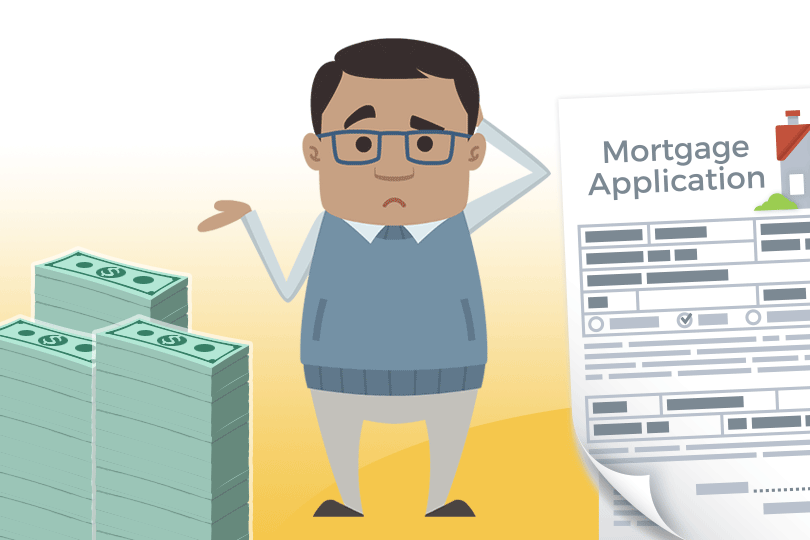FHA Loan Has Strict Rules for Rentals
August 3, 2023
Owner-Occupancy Requirement
FHA loans require borrowers to certify that they intend to occupy the property as their primary residence. This means that the borrower must live in the home as their main place of residence for a significant portion of the year. FHA loans are not intended for investors or for purchasing vacation homes or second homes.
One-Year Occupancy Requirement
FHA borrowers are generally required to occupy the property they purchase for at least one year after the loan's origination. Attempting to use this to purchase a property with the intent to rent it out immediately would likely be considered a violation of the loan terms.
Exceptions for Multi-Unit Properties
FHA loans can be used to purchase multi-unit properties (up to four units) under specific conditions. In the case of multi-unit properties, the borrower must live in one of the units as their primary residence for at least one year. The borrower can rent out the remaining units to tenants after meeting the owner-occupancy requirement. FHA borrowers must also meet certain financial qualifications to ensure they can handle the responsibilities of being a landlord.
Rental Income Considerations
FHA lenders may consider rental income from the property when evaluating a borrower's ability to qualify for the loan. Rental income can be used to offset the borrower's housing expenses and may help them meet debt-to-income ratio requirements.
Refinancing Rental Properties
FHA loans can be used to refinance existing rental properties under certain conditions.
The borrower must provide evidence of their current rental income and meet FHA requirements for creditworthiness and financial stability.
Intent to Defraud
Attempting to deceive the FHA or the lender by falsely certifying owner occupancy when the borrower intends to use the property as a rental or investment property can lead to severe consequences, including the potential for legal action.
It's essential to be transparent and honest with your lender when applying for an FHA loan. If your intention is to use the property as a rental or investment, you should explore other loan options specifically designed for such purposes, such as conventional investment property loans or commercial real estate financing. Violating FHA owner-occupancy rules can result in the loan being called due in full or other legal consequences. Always consult with a qualified mortgage professional to understand the specific requirements and options available to you based on your real estate goals.
------------------------------
RELATED VIDEOS:
Sometimes It Pays to Refinance
Don't Forget Your Closing Checklist
Monthly Payments Establish Good Credit

FHA Loan Articles
June 27, 2023The FHA loan process is straightforward and has been successfully navigated by millions of homeowners. If you're considering an FHA loan to finance your home purchase, it pays to be prepared. To avoid mistakes before you start your loan application, homebuyers should keep these tips in mind.
June 20, 2023Can an FHA loan be approved if there are late or missed payments on the credit report? Navigating through financial challenges, such as escalating costs of living and employment uncertainties, can indeed make it difficult to maintain a perfect financial record.
June 15, 2023When you buy a home with an FHA mortgage, cash for closing costs and your down payment is required. It would be easy to assume you simply give the lender cash in the specified amount and that’s the end of the story.
May 20, 2023Did you know there is an FHA loan option that lets you build a house from the ground up? You can use this mortgage to build on land you own or on land you buy as part of the loan. But you will want to address some issues comparing construction loan options.
May 3, 2023Sometimes when buying a home there may be a question of surplus or excess land. You likely won’t face this issue when buying a condo unit, but for other types of purchases, this may be an important factor in the appraisal process.







